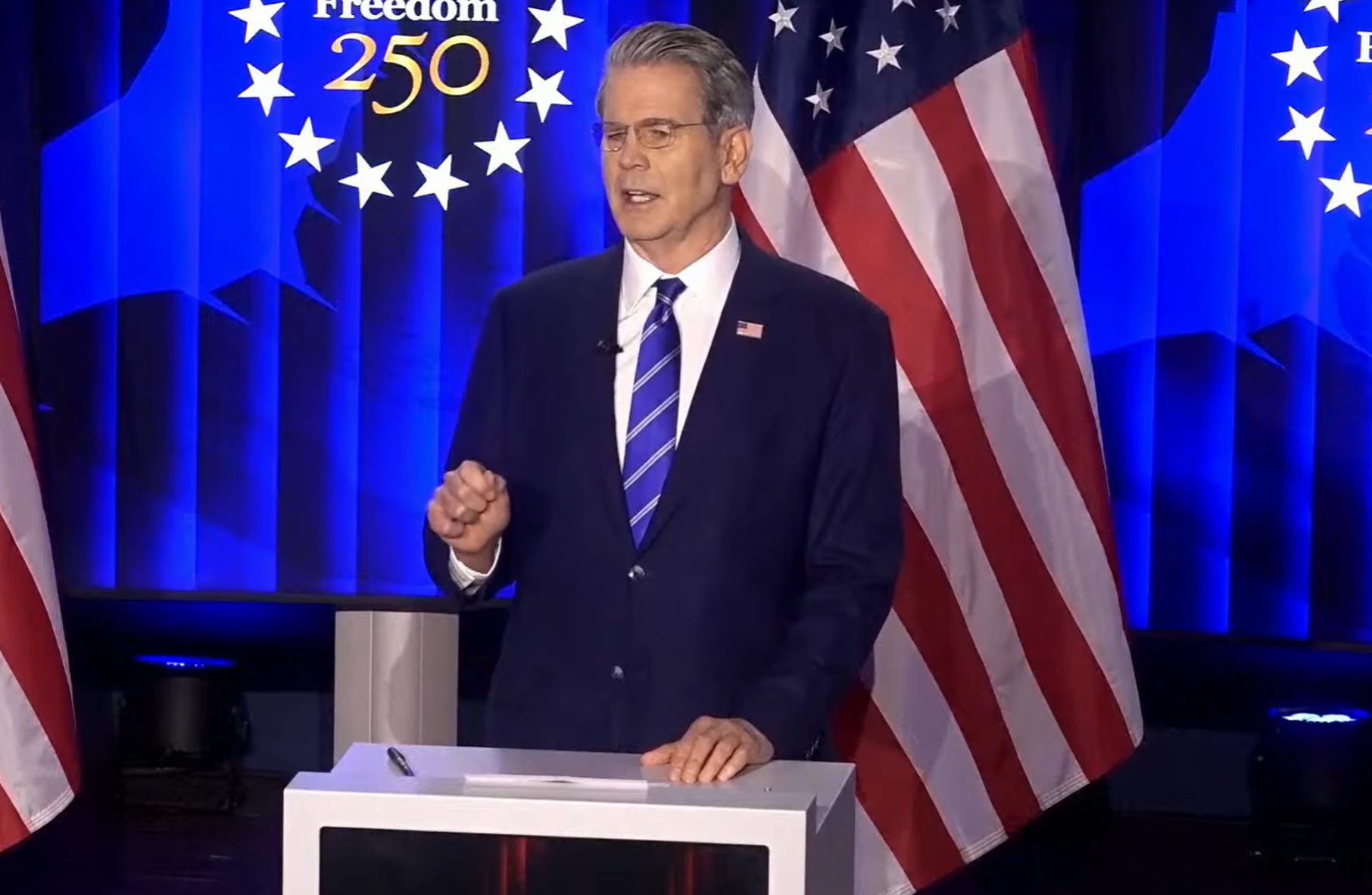The check is in the mail? Not anymore. Virginia’s 2012-2014 Appropriations Act approved by last year’s General Assembly has eliminated the way some people receive their state refund check.
In 2011, 1.2 million state income tax refund checks were sent out. That’s no longer an option, as those receiving a refund will now either obtain it via direct deposit or prepaid debit card. According to Commonwealth of Virginia Department of Taxation Public Relations Manager Joel Davison, the change will save approximately $200,000 in printing and mailing costs.
While direct deposit will remain the fastest way taxpayers can receive their refund, the new Virginia Tax Refund Debit Cards are considered a more secure and convenient alternative to receiving a refund check in the mail, plus they eliminate any check-cashing fees.
“Most individuals prefer to have their refunds deposited directly into their bank accounts because it’s the easiest, fastest way to get your money,” tax commissioner Craig Burns said. “For those who don’t use direct deposit, debit cards are a secure alternative that provide a cost savings for the commonwealth.”
The cards will be activated by phone or online by the recipient using personal information, which should be only known to that person. The recipient will then chose a personal identification number for use with the card. The card can then be used like any debit card to make purchases in store or online, pay bills or to receive cash back at a register during a sale or at an ATM. The funds can also be transferred to an existing bank account or withdrawn in cash at any MasterCard bank.
Joint filers will receive two debit cards, with both drawing from the same refund account. Refunds can not be split into two separate accounts.
However, there are some fees associated with the card, depending on how it’s used. Each card allows for one free withdrawal per month at a MoneyPass ATM. Any additional withdrawals will result in a $2.50 charge per ATM use. A withdrawal at a non-MoneyPass ATM costs $2.50 per use, plus any applicable ATM surcharges. Obtaining balance information at a MoneyPass ATM is free the first time and 35 cents thereafter. Obtaining balance information at non-MoneyPass ATMs is 50 cents, along with ATM denials for insufficient funds. Replacing a lost card that has been activated will cost $5. To expedite the service, or rush it with two-business-day delivery is $18. The card also carries an inactivity fee of $3 per month for each month once an activated card has had no activity for six months.
The department of taxation encourages anyone considering receiving their tax refund by debit card to check the complete list of fees associated with the card online at www.tax.virginia.gov. The site also contains helpful information about the new card program along with frequently asked questions.
Meanwhile, federal tax filers should take notice that the start date for the 2013 filing season has changed. Due to the January tax law changes made by Congress under the American Taxpayer Relief Act (ATRA), the 2013 filing season will now begin Jan. 30 for most filers. Initially, the start date was anticipated to be Jan. 22.
“We have worked hard to open tax season as soon as possible,” IRS Acting Commissioner Steven T. Miller said. “This date ensures we have the time we need to update and test our processing systems.”
These January filers, representing approximately 120 million households, are those that file simpler forms. These are people affected by the late Alternative Minimum Tax (AMT) patch, along with the three major “extender” provisions for people claiming the state and local sales tax deduction, higher education tuition and fees deduction and educator expenses deduction.
The remaining filers will be able to begin filing in late February or into March, due to the need for more extensive system changes. These filers include people claiming residential energy credits, depreciation of property or general business credits. A more specific start date for these filers will be announced in the near future.
———————
Copyright 2013 – Orange County Review, Va.
Thanks for reading CPA Practice Advisor!
Subscribe Already registered? Log In
Need more information? Read the FAQs



